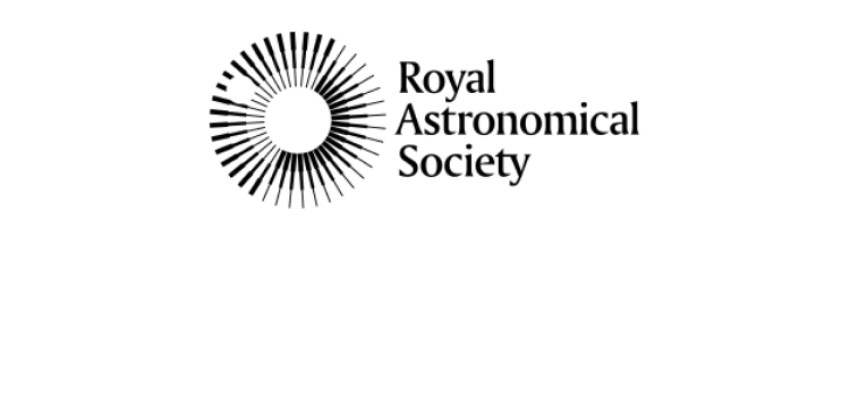The Royal Astronomical Society notes with dismay the comments this week by Katharine Birbalsingh CBE, the chair of the UK government social mobility commission, suggesting that girls do not choose to study physics as they dislike “hard maths”.
Professor Emma Bunce, President of the Royal Astronomical Society said in response: “As a woman physicist and Head of a University Physics department, I am shocked and deeply concerned by these remarks. In her role as government advisor on social mobility I would expect Ms Birbalsingh to be a powerful advocate for girls and women in physics and other subjects with unbalanced representation.
“Instead, her comments undermine decades of hard work to reverse gender stereotypes in physics and related discipline, and are simply incorrect and damaging. The RAS is fully committed to improving equality and diversity, including gender balance, in astronomy and geophysics, the subjects we represent, and there are many outstanding examples of women in our sciences here in the UK and around the world.”
Improving the representation of women in astronomy and geophysics is a key target for the Society as part of its work on diversity and inclusion.
In 2016 the RAS celebrated 100 years since women were first elected to its Fellowship. Women, including Caroline Herschel, the sister of our founding president, have been responsible for many of the key discoveries in astronomy and geophysics from our inception, and continue to lead cutting-edge research today.
Recognising the outstanding work of women astronomers, we recently collaborated with the Astronomische Gesellschaft (the German Astronomical Society) to award the first Caroline Herschel Medal, to be presented to Prof. Dr Eva Grebel of Heidelberg University in Bremen this autumn.
Media contacts
Gurjeet Kahlon
Royal Astronomical Society
Mob: +44 (0)7802 877 700
press@ras.ac.uk
Dr Robert Massey
Royal Astronomical Society
Mob: +44 (0)7802 877 699
press@ras.ac.uk
Science contact
Prof. Emma Bunce
President, Royal Astronomical Society
president@ras.ac.uk
Notes for editors
The Royal Astronomical Society (RAS), founded in 1820, encourages and promotes the study of astronomy, solar-system science, geophysics and closely related branches of science. The RAS organises scientific meetings, publishes international research and review journals, recognises outstanding achievements by the award of medals and prizes, maintains an extensive library, supports education through grants and outreach activities and represents UK astronomy nationally and internationally. Its more than 4,000 members (Fellows), a third based overseas, include scientific researchers in universities, observatories and laboratories as well as historians of astronomy and others.
The RAS accepts papers for its journals based on the principle of peer review, in which fellow experts on the editorial boards accept the paper as worth considering. The Society issues press releases based on a similar principle, but the organisations and scientists concerned have overall responsibility for their content.
Keep up with the RAS on Twitter, Facebook, Instagram, LinkedIn, and YouTube.


